彼此 (bǐcǐ) is a personal pronoun. 彼 (bǐ) is an archaic word meaning 那 (nà) or "that," and 此 (cǐ) means 这 (zhè) or "this." Therefore, 彼此 (bǐcǐ) literally means "that and this," and is used in modern times to mean "you and me". Basic Usage as Subject or Object As a personal pronoun, 彼此 (bǐcǐ) is often used as a subject. When used as an object, the verb must be disyllabic and is quite formal in tone. Structure: 彼此 + Predicate Structure: Verb + 彼此 Examples: 我们只见过一次,彼此不是很了解。(wǒmen zhǐ jiàn guo yī cì, bǐcǐ bù shì hěn liǎojiě) = We've only met once. We don't know each other well. 我们是一个团队,彼此应该多沟通。(wǒmen shì yī gè tuánduì, bǐcǐ yīnggāi duō gōutōng) = We're a team. We should communicate more. 我很尊重我的对手,我希望彼此都能有好的表现。(wǒ hěn zūnzhòng wǒ de duìshǒu, wǒ xīwàng bǐcǐ dōu néng yǒu hǎo de biǎoxiàn) = I respect my opponent very much. I hope we both can perform well. 我们是一家人,必须好好照顾彼此。(wǒmen shì yī jiā rén, bìxū hǎohāo zhàogù bǐcǐ) = We're a family. We must do a good job looking after each other. 好朋友总是会陪伴彼此。(hǎo péngyou zǒng shì huì péibàn bǐcǐ) = Good friends always spend time with each other. 你们是夫妻,怎么一点也不信任彼此?(nǐmen shì fūqī, zěnme yīdiǎn yě bù xìnrèn bǐcǐ) = You're husband and wife. How can you not trust each other at all? Basic Usage as an Attributive As a personal pronoun, 彼此 (bǐcǐ) is often used as an attributive, modifying a noun. Sometimes you can also use 彼此 (bǐcǐ) before a noun to make the meaning of the modified noun more abstract. Structure: 彼此 + 的 + Noun Examples: 过去一年,我们见证了彼此的进步。(guòqù yī nián, wǒmen jiànzhèng le bǐcǐ de jìnbù) = Over the past year, we have witnessed each other's progress. 大家都很辛苦,我们需要尊重彼此的努力。(dàjiā dōu hěn xīnkǔ, wǒmen xūyào zūnzhòng bǐcǐ de nǔlì) = Everyone is facing hardships, we need to respect each other's efforts. 我们了解了彼此的需求,再也不吵架了。(wǒmen liǎojiě le bǐcǐ de xūqiú, zài yě bù chǎojià le) = We came to understand each other's needs and didn't argue again. Using 彼此 Idiomatically When speaking colloquially, you can repeat 彼此 twice: “彼此彼此”. It's a type of idiom that can mean "Everyone is the same" or "We are both the same". A: 你的家真不错。 (nǐ de jiā zhēn bùcuò) = What a nice home you have. B: 彼此彼此 ! (bǐcǐ bǐcǐ) = Same, same! # Our teachers # More than 10 years teaching experience Master Degree Certificate for teaching chinese as a foreign language 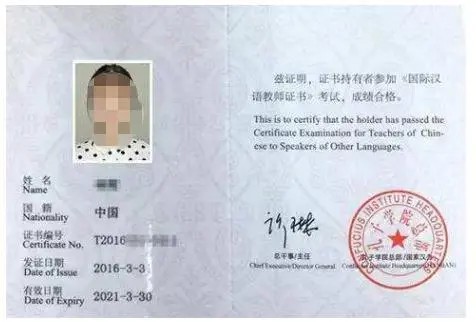 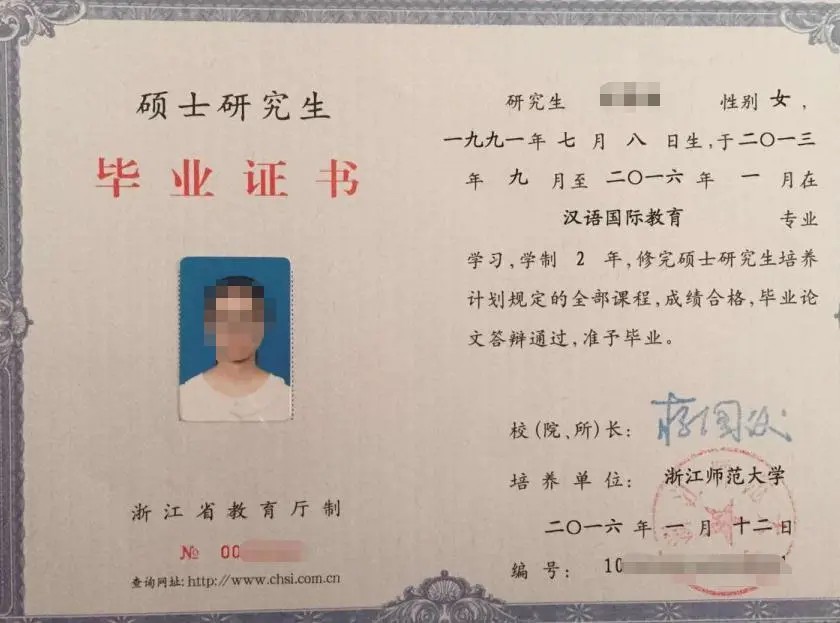 # About us # Founded in 2007 Chinese test and training center 200+ Chinese teachers 5000+ students 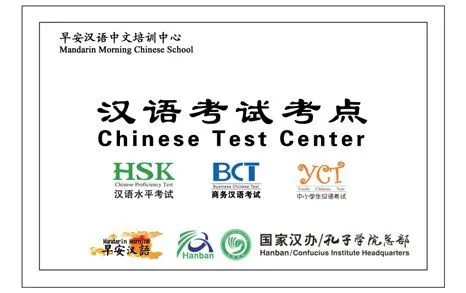 # Contact us# Name:fiona Phone number:021-52287809,13918358891 E-mail:info@mandarinmorning.com www.mandarinmorning.com If you are interested to join Mandarin Morning school or want more details about our services, scan the following QR code. ☟ 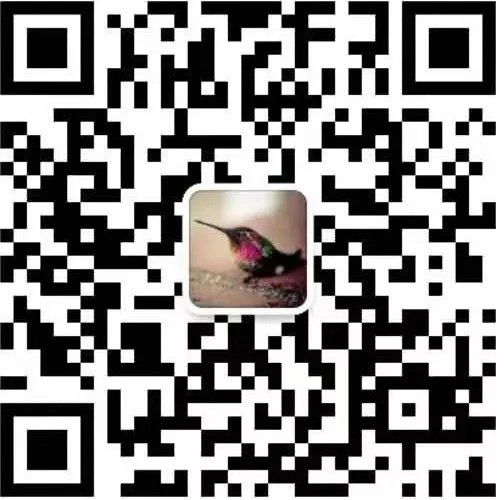 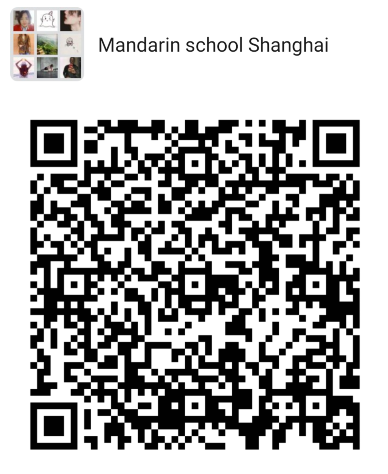 Mandarin Morning Chinese test center attached to Confucius institute headquarters Authorized Test Center and Training Center for International Chinese Language Teacher Certificater 10 years+ ,200 teachers ,more 10000 students,200+companies  |